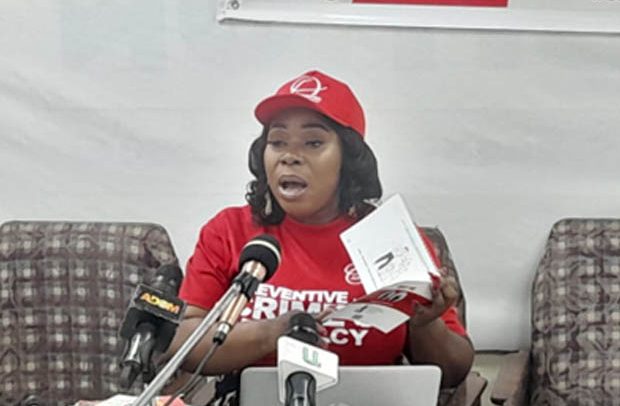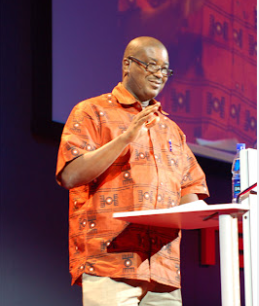
By Daniel Teye Botchway
Introduction
Human rights form the backbone of a fair and equitable society, ensuring dignity and freedom for all. While Ghana’s Constitution safeguards these rights, entrenched cultural practices, economic challenges, and political structures often hinder their full realization.
A holistic approach that integrates social, political, and economic strategies can significantly enhance Ghana’s human rights landscape, improving lives and livelihoods. This article explores how Ghana’s ecosystem can be optimized to empower citizens, using facts, figures, and data to highlight progress and areas for further action.
Transforming Social Norms for Better Livelihoods
Ghana’s social ecosystem shapes attitudes toward human rights. While cultural traditions enrich the nation’s heritage, practices like child marriage and female genital mutilation (FGM) conflict with universal rights.
According to a 2021 report by the Ghana Statistical Service, 19% of girls are married before age 18 due to cultural pressures and economic hardship. Addressing these practices through education, public awareness, and grassroots campaigns, such as those by ActionAid, is vital to creating lasting change. Empowering local leaders and investing in education, particularly for girls, remains key to breaking the cycle of harmful traditions.
Political Will and Governance: Strengthening Human Rights Policies
Ghana’s political ecosystem plays a critical role in advancing human rights. Institutions like the Commission on Human Rights and Administrative Justice (CHRAJ) work to protect vulnerable groups, yet political prioritization remains essential. Gender equality, child labor laws, and human trafficking legislation are areas where political intervention can create lasting impact.
Expanding affirmative action policies and improving legal frameworks could enhance governance and promote economic productivity, addressing both social and economic dimensions of human rights.
Economic Growth: A Path to Advancing Human Rights
Economic empowerment is a catalyst for improving human rights in Ghana. Poverty drives violations such as child labor, human trafficking, and limited access to education and healthcare.
Social protection programs like the Livelihood Empowerment Against Poverty (LEAP) initiative and industrialization efforts through the One District, One Factory (1D1F) policy offer opportunities to break the cycle of poverty and improve livelihoods. Addressing youth unemployment through skills training and entrepreneurship programs can further strengthen Ghana’s human rights foundation.
A Holistic Approach to Human Rights
Ghana’s socio-political and economic ecosystems are interconnected and vital to advancing human rights. A unified approach that promotes inclusive economic development and gender equality will ensure that vulnerable groups are empowered. Investing in policies that align human rights with economic opportunity will unlock Ghana’s potential, fostering a more just and prosperous society.
Conclusion
Ghana’s progress in realizing human rights must continue with targeted investments in education, legal reforms, and economic development. By working together, the government, civil society, and international partners can create an environment where human rights serve as the foundation of national growth. This will enable Ghana to lead Africa in building a rights-respecting future for all citizens.
Ghana’s journey toward fully realizing human rights, in harmony with its cultural heritage, is one of progress and ongoing challenges. The social, political, and economic ecosystems in Ghana are interconnected and pivotal to enhancing human rights and improving livelihoods.
While strides have been made in education, legal reform, and economic initiatives, more targeted investments are necessary to ensure that vulnerable groups are protected, and cultural norms evolve toward universal human rights standards.
The Ghanaian government, civil society, and international partners must continue to work together to create an environment where human rights are not only respected but are the foundation of national development. By aligning political will, economic growth, and cultural change, Ghana can continue to lead Africa in the fight for human dignity and create a prosperous, rights-respecting future for all its citizens.
The writer is a Human Rights and Cultural Consultant
The post Empowering lives through human rights ..How social, political, and economic ecosystem can drive change appeared first on The Business & Financial Times.
Read Full Story













Facebook
Twitter
Pinterest
Instagram
Google+
YouTube
LinkedIn
RSS